Bio Digesters have become increasingly popular in recent years, and for a good reason. They are environmentally friendly and can help reduce pollution and greenhouse gas emissions. In this article, we will discuss how bio-digesters help the environment and why they are essential.
Table of Contents
Introduction
a. Definition of Bio-Digesters
Bio-digesters are systems that utilize microorganisms to break down organic waste materials such as food, animal manure, and sewage into biogas, which is primarily methane and carbon dioxide, and other byproducts such as fertilizer.
b. Importance of Bio-Digesters
Bio-digesters are essential in addressing various environmental challenges, including pollution and climate change. They play a crucial role in waste management, reducing greenhouse gas emissions, and producing renewable energy.
Benefits of Bio-Digesters
a. Environmental Benefits
Bio-digesters provide significant environmental benefits, including reducing greenhouse gas emissions, conserving water resources, and reducing soil pollution. Methane gas produced from the biogas can be harnessed and used as a source of energy, reducing dependence on fossil fuels.
b. Economic Benefits
Bio-digesters provide significant economic benefits, including reducing waste disposal costs, generating revenue from the sale of biogas and organic fertilizer, and creating job opportunities.
c. Health Benefits
Bio-digesters improve the health and sanitation of communities by reducing pollution and preventing waterborne diseases. Bio-digesters eliminate the need for open-air dumping of organic waste materials, which can cause air pollution and contribute to the spread of diseases.
Types of Bio-Digesters
a. Anaerobic Bio-Digesters
Anaerobic bio-digesters operate in the absence of oxygen and utilize microorganisms to break down organic waste materials. They are commonly used in small-scale applications such as household waste and animal manure.
b. Aerobic Bio-Digesters
Aerobic bio-digesters operate in the presence of oxygen and utilize microorganisms to break down organic waste materials. They are commonly used in large-scale applications such as municipal wastewater treatment plants and industrial waste management.
How Bio-Digesters Work
a. Anaerobic Process
Anaerobic bio-digesters work by breaking down organic waste materials in the absence of oxygen. Microorganisms such as bacteria break down the organic matter into biogas, which is primarily methane and carbon dioxide, and other byproducts such as fertilizer.
b. Aerobic Process
Aerobic bio-digesters work by breaking down organic waste materials in the presence of oxygen. Microorganisms such as bacteria break down the organic matter into biogas, which is primarily carbon dioxide, and other byproducts such as fertilizer. Unlike anaerobic bio-digesters, anaerobic bio-digesters require energy input to provide oxygen to the micro-organisms.
Applications of Bio-Digesters
a. Household Use
Bio-digesters are increasingly being used in households to treat organic waste materials such as kitchen waste and sewage. They are a cost-effective solution for waste management and can provide renewable energy for households.
b. Agricultural Use
Bio-digesters are commonly used in agriculture for treating animal manure and producing organic fertilizer. They are also used for generating renewable energy to power farm operations.
c. Industrial Use
Bio-digesters are used in various industries such as food processing, breweries, and pulp and paper mills for treating organic waste materials and producing renewable energy.
Installation of Bio-Digesters
a. Steps Involved
The installation of bio-digesters involves several steps, including site selection, design, construction, and commissioning. It is essential to work with a professional company such as Bio Digester Kenya to ensure that the installation process is carried out correctly.
b. Cost of Installation
The cost of installing a bio-digester varies depending on the size and type of bio-digester, location, and the complexity of the installation process. Bio Digester Kenya offers competitive pricing and flexible payment plans to make bio-digesters affordable for households and businesses.
Maintenance of Bio-Digesters
a. Regular Maintenance
Regular maintenance is essential to ensure that bio-digesters operate efficiently and effectively. Maintenance tasks include removing solids, cleaning the bio-digester, and monitoring the biogas production.
b. Troubleshooting
In case of any problems, it is essential to contact a professional company such as Bio Digester Kenya to troubleshoot the issue and carry out repairs.
Conclusion
Bio-digesters play a vital role in addressing various environmental challenges, including pollution and climate change. They provide significant environmental, economic, and health benefits and can be used in various applications, including household, agriculture, and industry. Proper installation and regular maintenance are crucial to ensuring that bio-digesters operate efficiently and effectively.
FAQs
What is the lifespan of a bio-digester? The lifespan of a bio-digester depends on various factors, including the type of bio-digester, maintenance practices, and usage. Generally, bio-digesters can last up to 20 years or more with proper maintenance.
Can bio-digesters be used in urban areas? Yes, bio-digesters can be used in urban areas for treating organic waste materials such as kitchen waste and sewage.
Can bio-digesters generate enough energy to power a household? Yes, bio-digesters can generate enough energy to power a household, depending on the size of the bio-digester and the amount of organic waste materials.
How often should a bio-digester be serviced? A bio-digester should be serviced regularly, at least once every six months, to ensure that it operates efficiently and effectively.
What is the cost of installing a bio-digester? The cost of installing a bio-digester varies depending on various factors such as size, location, and complexity. Contact a professional company such as Bio Digester Kenya for a quote.
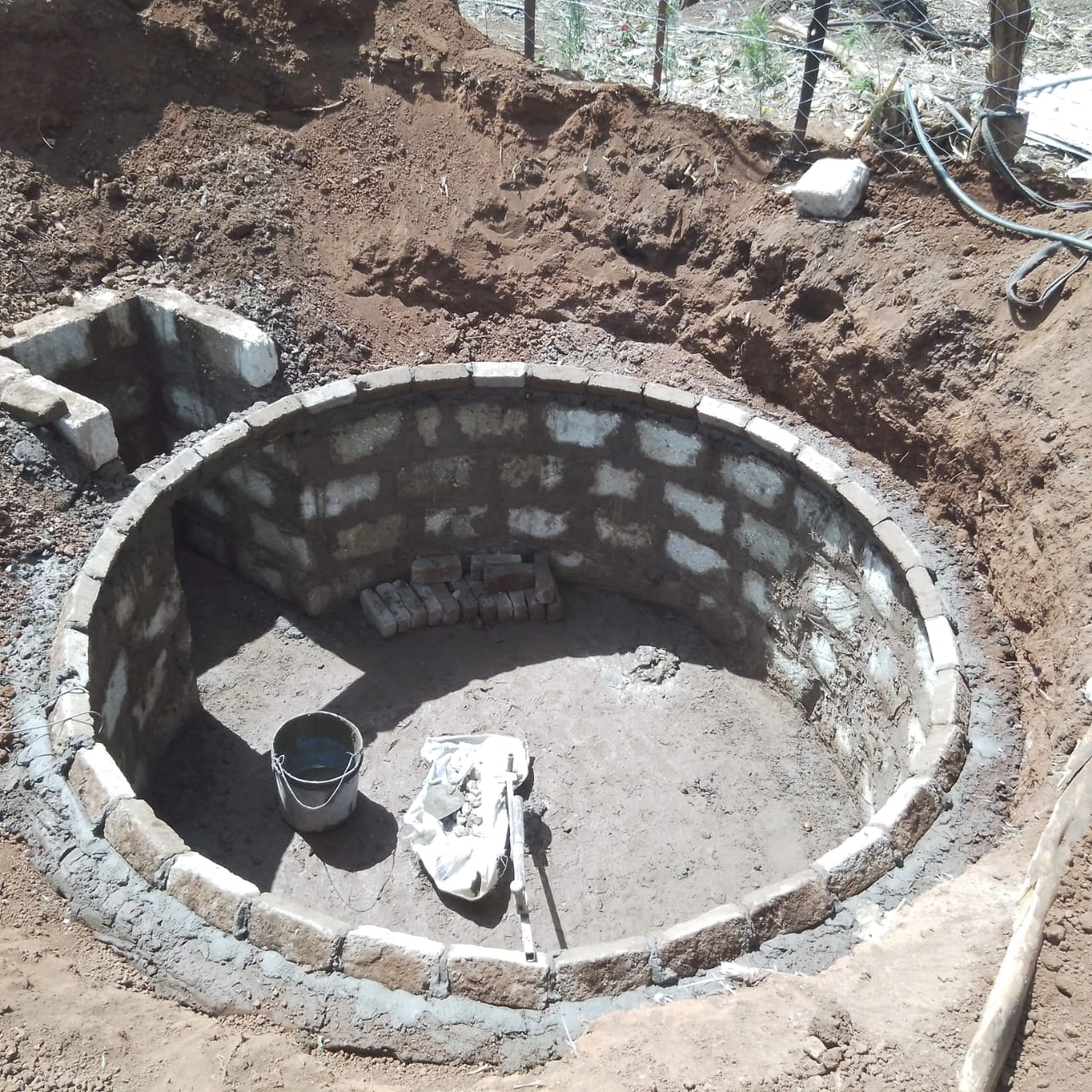
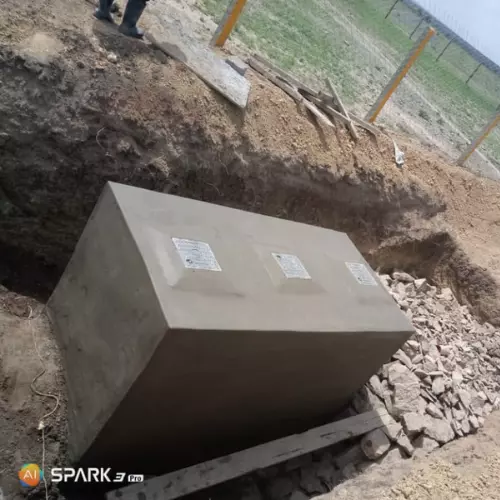
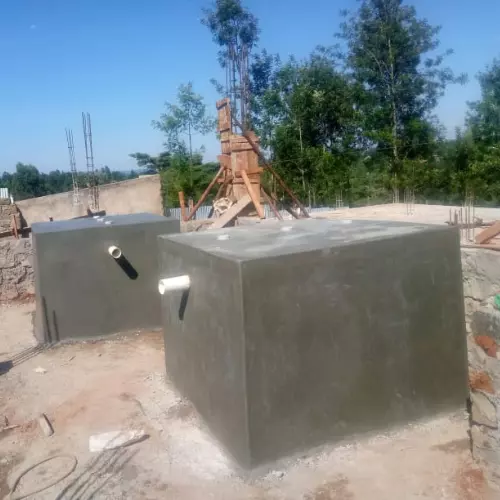




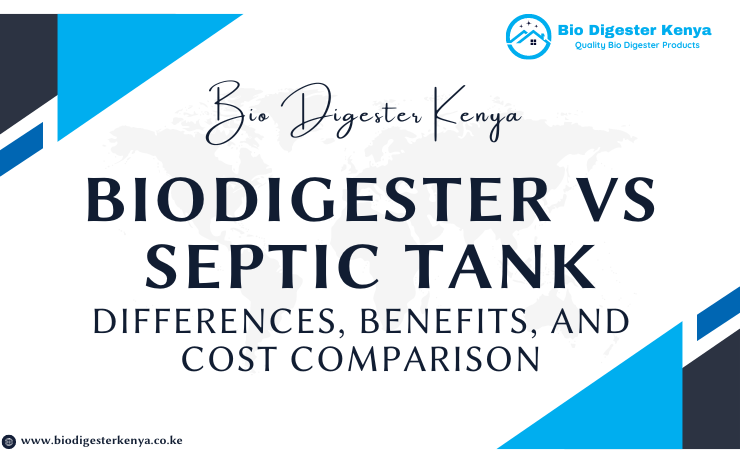


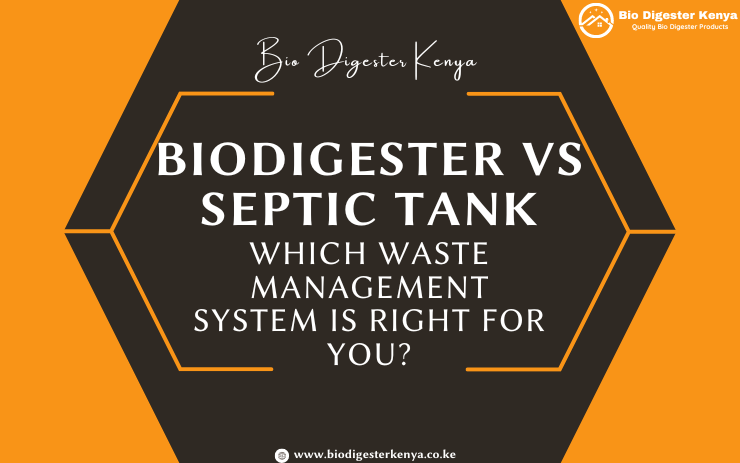


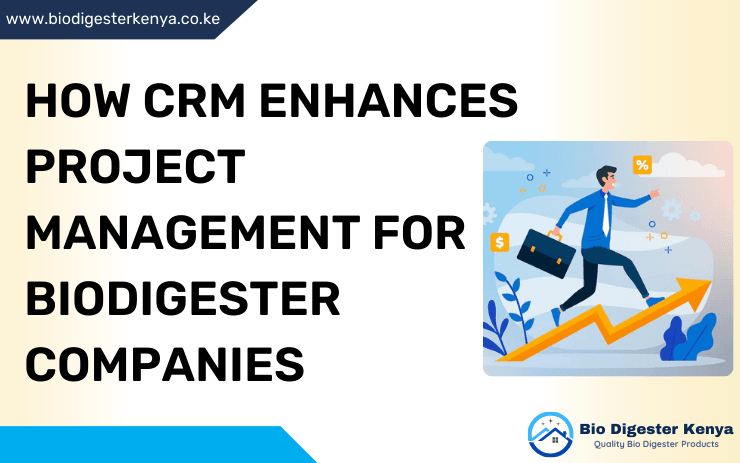

















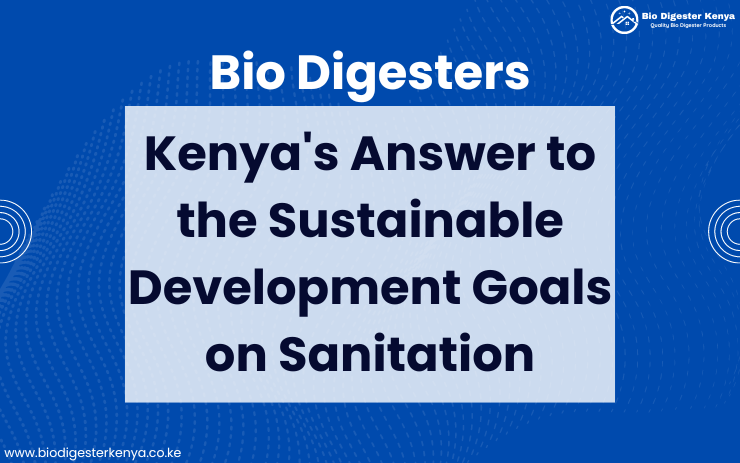
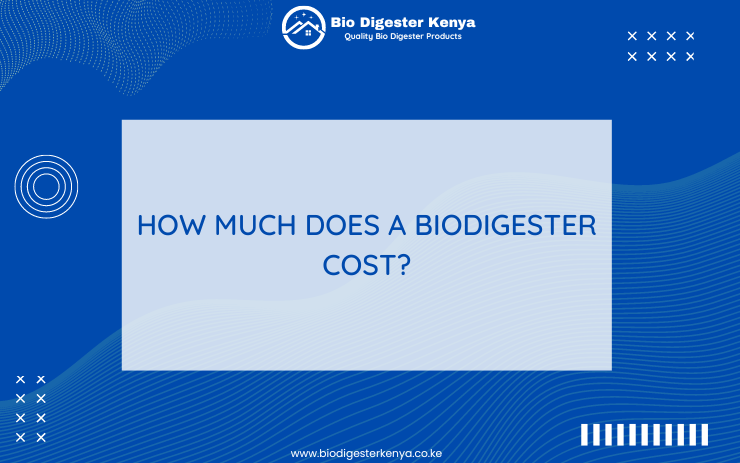






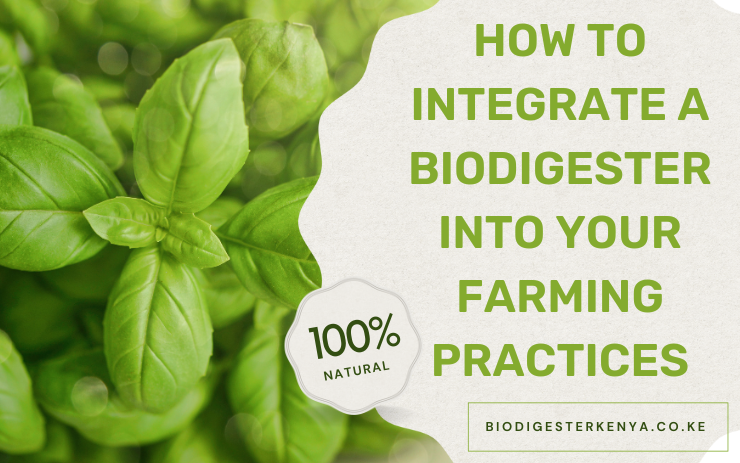
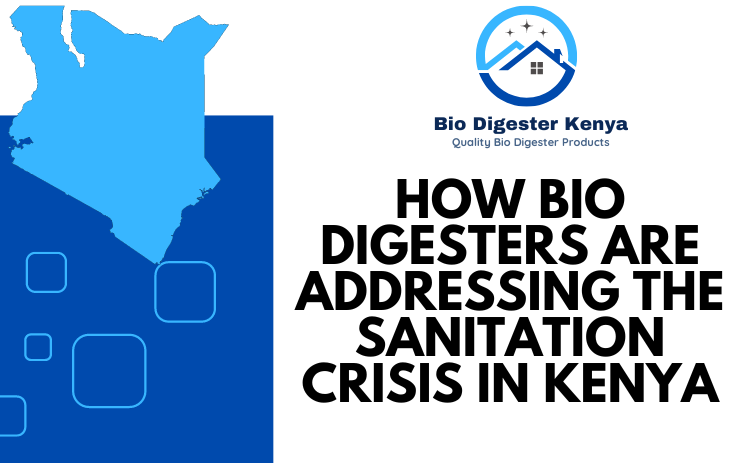









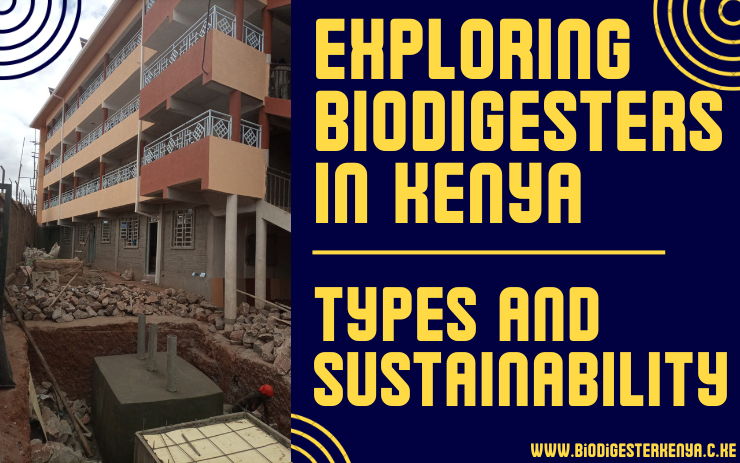










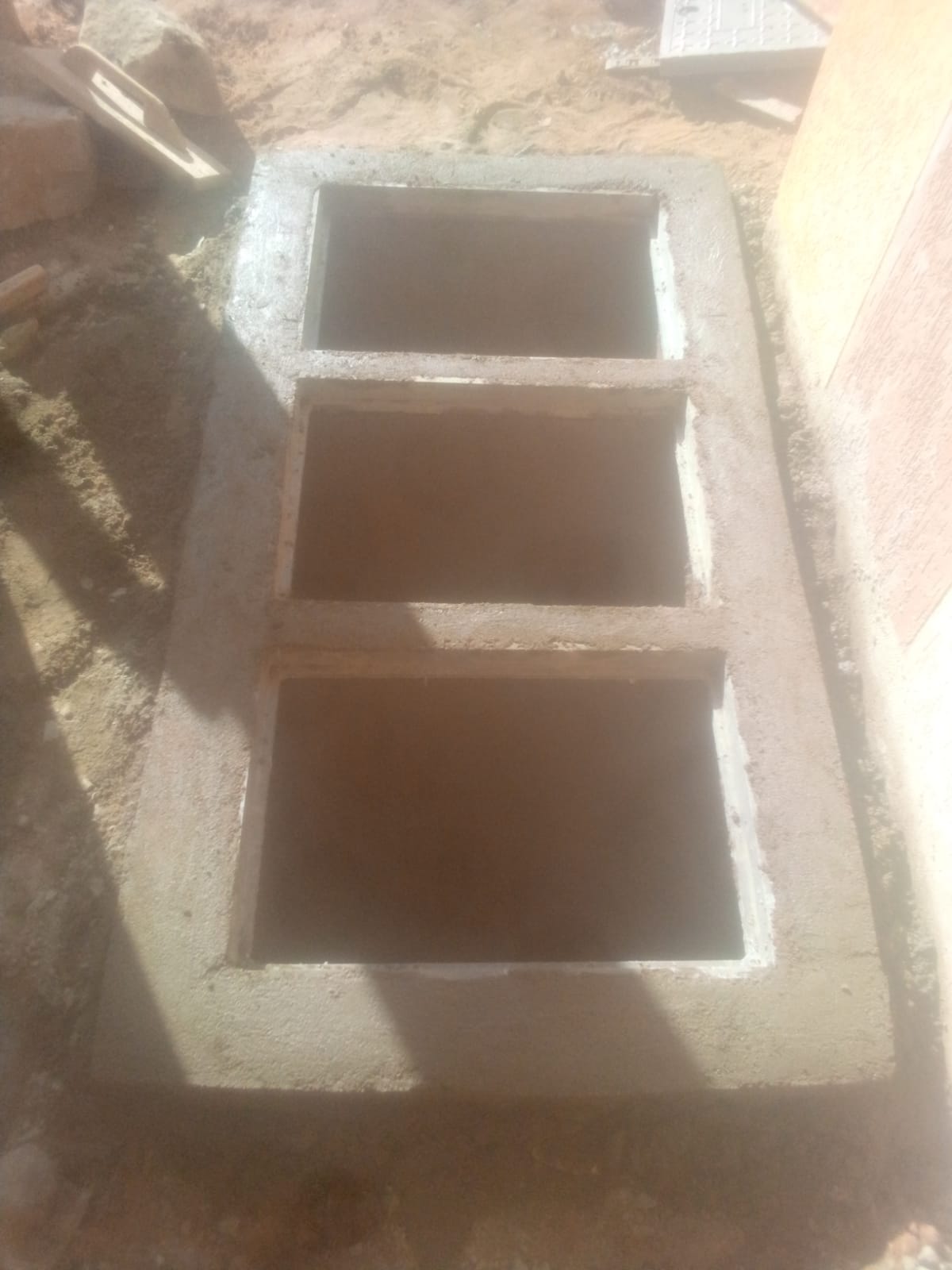



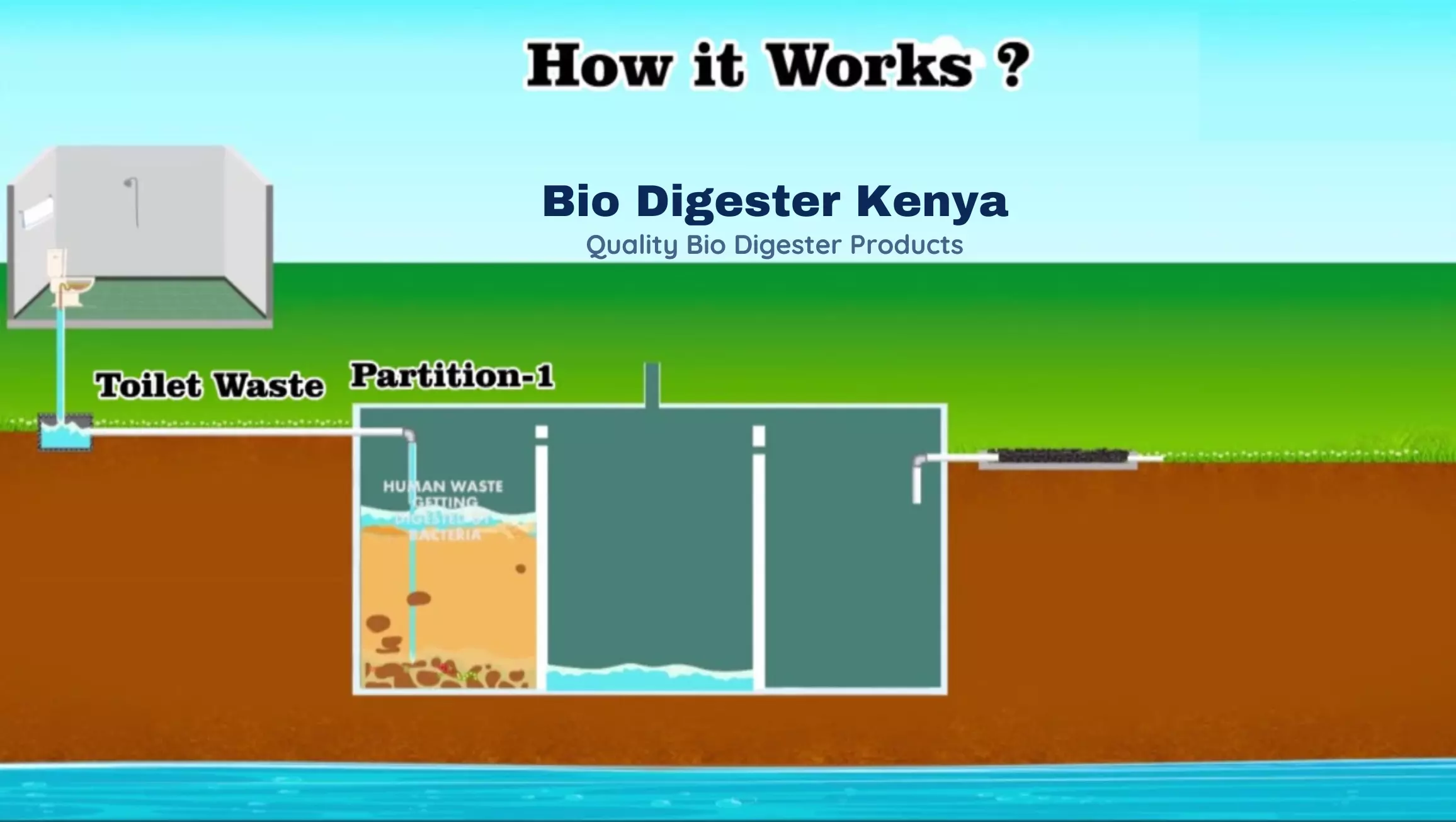
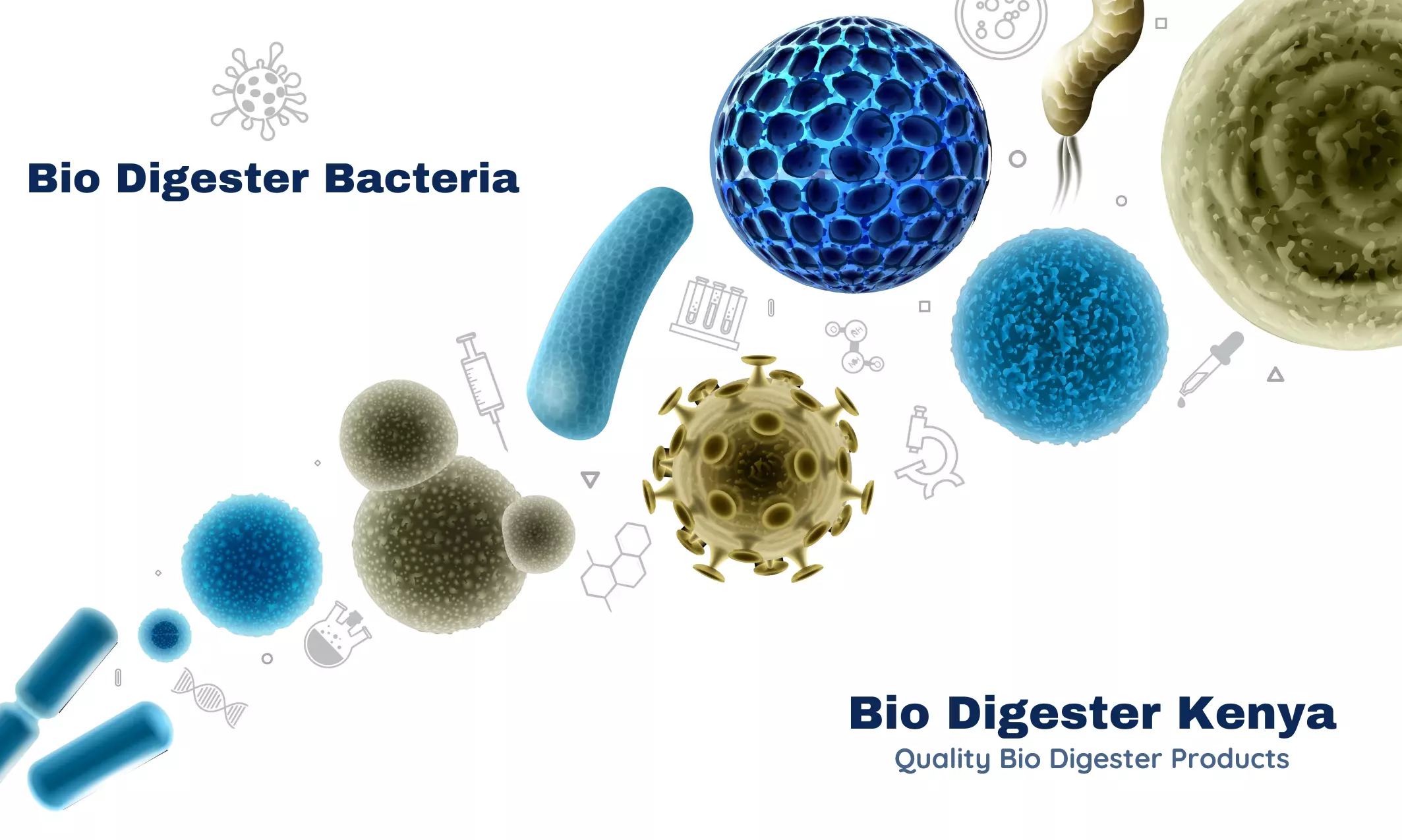
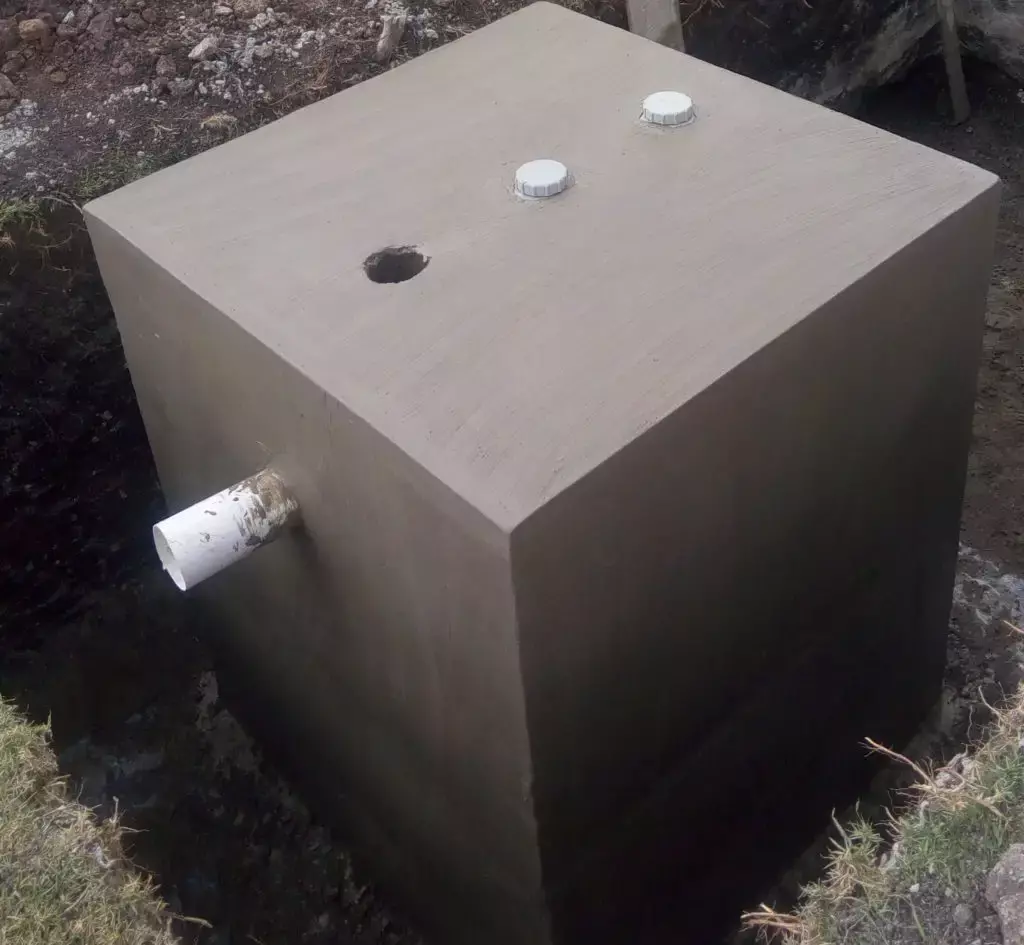
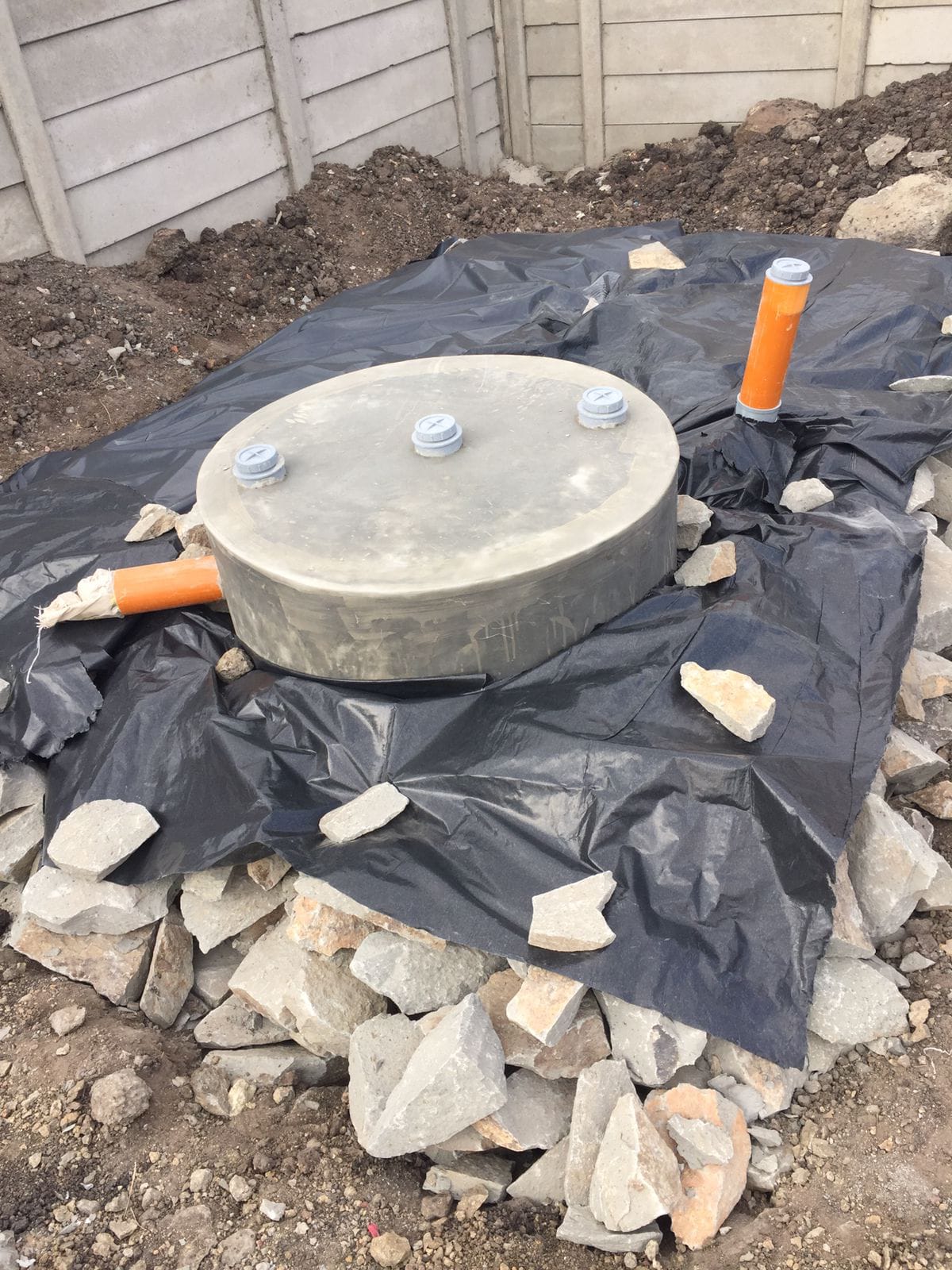
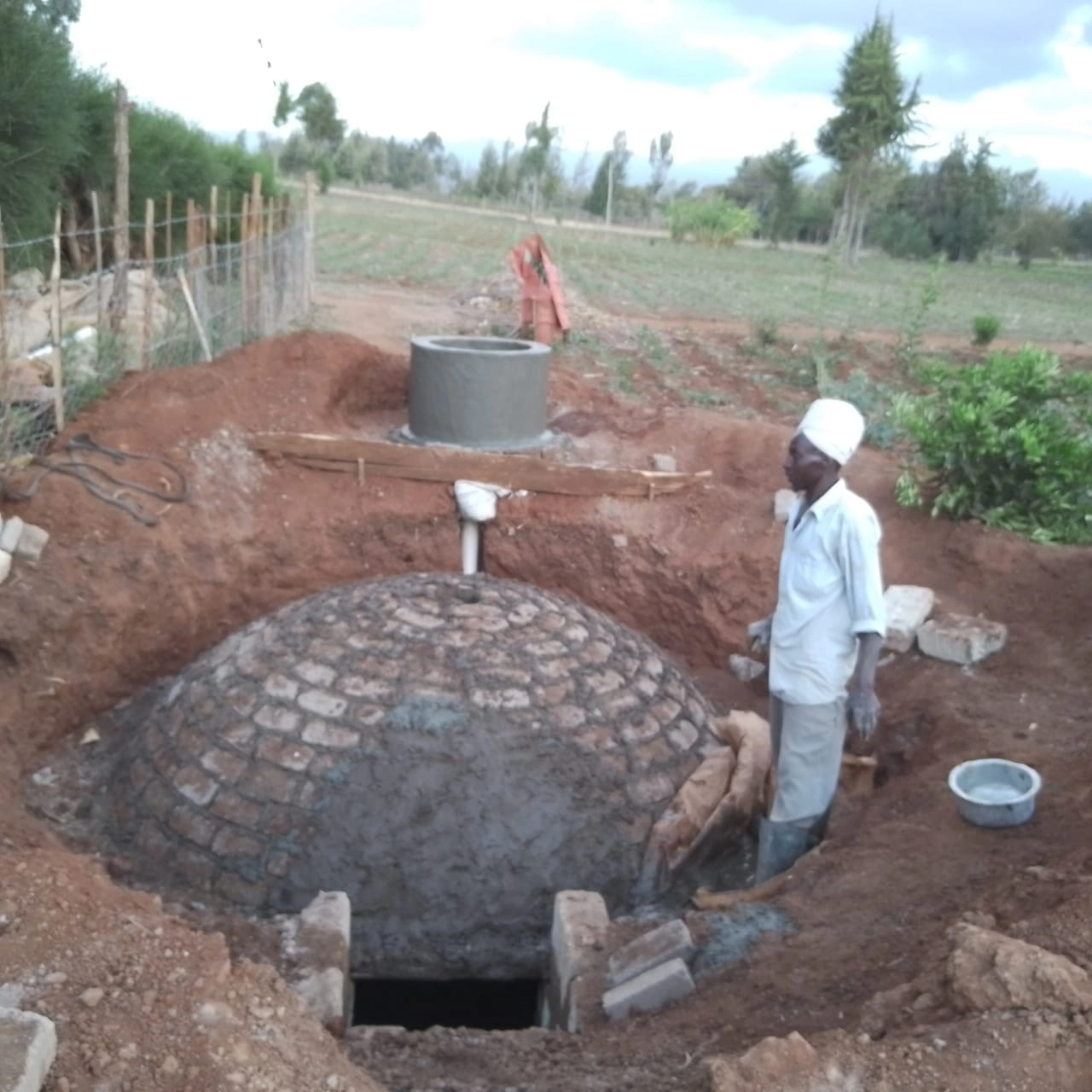
D. Riccardo
June 12, 2024 at 2:29 amI’m not sure where you are getting your information, but great topic. I needs to spend some time learning much more or understanding more. Thanks for wonderful information I was looking for this info for my mission.